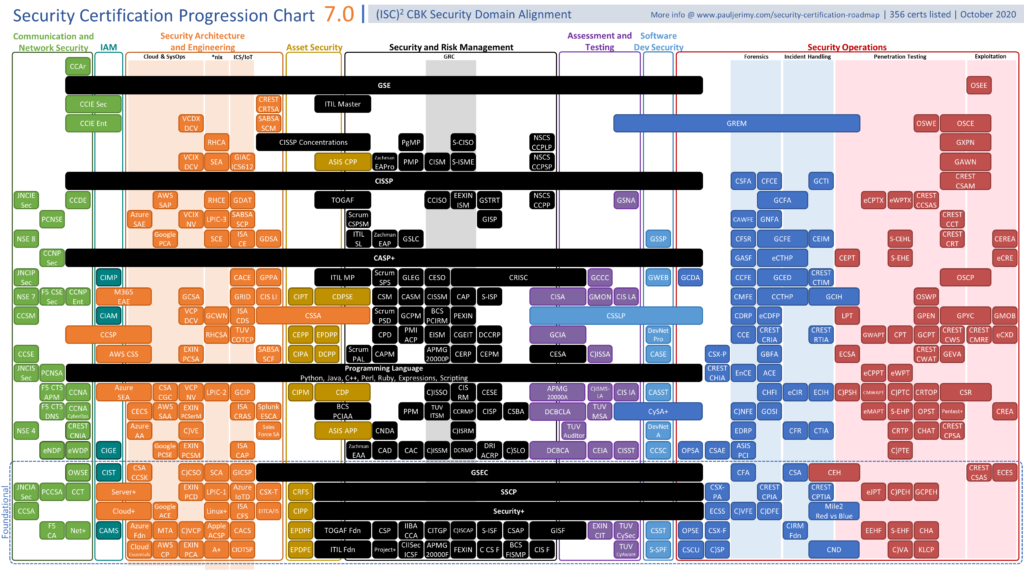- Progress Rundown
- Posts
- 🖥️ Cybersecurity and Crime
🖥️ Cybersecurity and Crime
Not the Greek Trojan Horse.

Here are a few things you should know before reading:
This newsletter is for everyone who has no idea what they want to do or wants to shift careers.
All of the tools and information we provide are backed up by research and statistics.
We mainly focus on lucrative and rewarding fields with a high growth rate over the next 10 years.
Surprise Letter: Reply to any of our emails with your birthday so that we can send you a surprise on that day. 🙃
ENJOY!
Cybercrimes are on the rise and there's a critical demand for professionals in this industry.
(At this rate, we might as well niche down to fintech ⚰️.)
Jokes aside, almost all jobs in this sector require you to have a technical degree and some special certifications. Starting out with a generic set of skills that almost everyone with a degree has won't be your best option.
Which is why we're here to save the day,
ahem, the Internet. 😏
Cybersecurity careers in demand & their roles:
Cybersecurity Architect: Work to design, build, test, and implement security systems within an organization's IT network.
Security Analyst: Prevent, detect and manage cyber threats.
Ethical Hacker: Perform risk assessments and test systems for security-related issues.
Information Assurance Analyst: Ensure your organization's information assurance policy is meeting customer, regulatory, or industry requirements.
Network Security Administrator: Design, put in place, and manage foolproof network protection procedures and policies.
Malware Analyst: Identify threats, diagnose issues, and keep computer systems safe.
Security Sales Engineer: Drive + manage the technology evaluation stage and advise the entire sales team on every product sale.
+ Some really cool ones 🚀:
Cloud Security Analyst: Design, develop, manage, and maintain a secure infrastructure leveraging cloud platform security technologies.
DevSecOps Engineer: Ensure that a company's network and IT infrastructure are free from security holes.
Digital Forensics Analyst: Retrieve and analyze evidence from computer data and digital devices for legal purposes.
What's the most recommended path for someone with no experience?
Well, for information security, it's to learn the basics of computer hardware, networking, and infosec. (Get the A+, Network+, and Security+ certifications)
Then, go out to explore the areas which interest you and deep dive into them. This includes volunteering, building personal projects, and/or creating a blog.
Roadmap for getting started:
Today's Podcast Episode:
💡 We noticed that writing long summaries about other people's journeys wasn't quite efficient and bored you guys out. Therefore, we've decided to shift our approach: (Hopefully everyone prefers this. :))
Here's an interesting story about a black hat hacker for you.
Black hat hackers: criminals who use hacking for financial gain, cyber espionage, and other malicious purposes.
Did someone say spy fiction irl?👀
RESOURCES:
Learn the Fundamentals for Free:
(You'll only have to install VMware and have at least 30GB of disk space)
Keep Up with the Latest News:
Updates:
Yes!
We'll now be sending a personified email for each of your birthdays.🥳
Just make sure you’ve signed up and replied (to any of our emails) with the date!
And we'll handle everything from there.

Signing out,


Reply